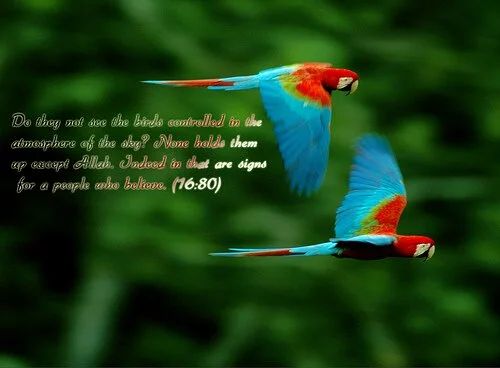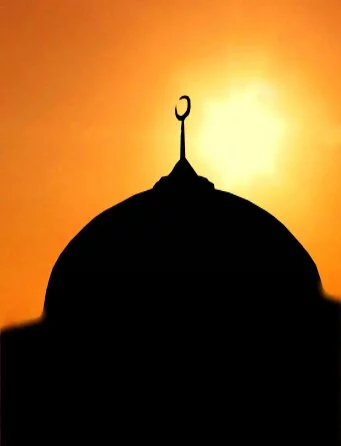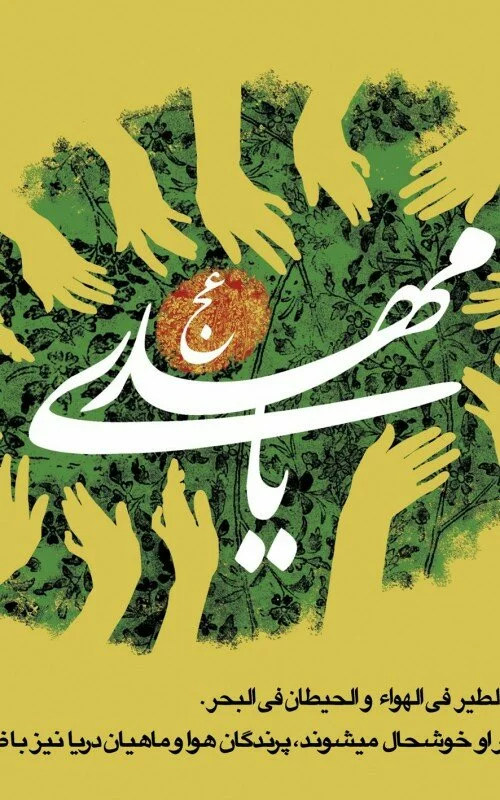War and Terrorism, The events of 9/11, London and Madrid bombings, daily bombings in Pakistan, Afghanistan and Iraq
have led Islam to being regarded as being a violent religion in the western world. The reason why
non-believers think Islam is a synonym for terrorism is because many terrorists have turned out to be
Muslims, they are attacking Muslim populated regions and have made their violent plans in Islamic
countries and live there.
In reality, these terrorists have no rights to be called Muslims. They are just violent creatures
who are using Islam as an excuse to create violence around the globe and trying to put hatred for
Islam in many people’s hearts. They call this act of terrorism ‘Jihad’ that means fighting in the way of
Allah Subhana Wa Taallah to them. But in reality the word Jihad means struggling and perfecting inner
personality according to the Holy Quran and Sunnah teachings.
War and Terrorism, Islam is a religion of peace, love and hope.
But today around the world Muslims are treated very badly where they are settled in minority
populations. Non-believers abuse them in public; they say sarcasm about Islam and taunt them at every
step of their life. Muslim trade has declined and is going to lose. The western world has discouraged
trade with Muslim businessmen and has broken many deals and partnerships.
All these terrorist groups such as Al Qaeda, Tahreek-e-Taliban and many other extremist groups
have created a very bad image of Islam around the world. In reality, Islam doesn’t promote violence;
if one has any doubts about this religion then they can read the Holy Quran which is available in many
languages. The Quran will help remove all doubts about religion Islam.
Prophet Muhammad Sallalaho Alayhi Wasalam was the last prophet of this religion; he completed the teachings of Islam and declared it as a universal religion complete for every living thing. Prophet Muhammad Sallalaho Alayhi Wasalam
himself said not to kill any child, woman, sick or elderly people, not to chop down fruitful trees, or kill
any animals except for sheep, cow and camels for food.
Islam brings the message of peace and brotherhood. In Holy Quran, it is mentioned to be polite
with Muslims and non-Muslims. Muslims can invite non-believers to the religion Islam but can’t force
them, in fact should leave those people in peace who love their religion. It is a real fact that war is not
solution of any dispute in the world. It is important to solve the disputes by table talk and discussion.




 The most revealing thing about the latest new guidelines for non-interest banking issued by the Central Bank of Nigeria (CBN) on June 21; the provisional license given to Jaiz International to launch the country’s first Islamic bank subject to fulfilling the bank authorization requirements; and the revelation that the Nigerian Treasury’s Debt Management Office is studying the possibility of the country issuing its debut sovereign sukuk within the next year or so, is not the provisions of the above developments but the reaction of Nigerians (presumably) commenting on the websites of local newspapers and other such outlets.
The most revealing thing about the latest new guidelines for non-interest banking issued by the Central Bank of Nigeria (CBN) on June 21; the provisional license given to Jaiz International to launch the country’s first Islamic bank subject to fulfilling the bank authorization requirements; and the revelation that the Nigerian Treasury’s Debt Management Office is studying the possibility of the country issuing its debut sovereign sukuk within the next year or so, is not the provisions of the above developments but the reaction of Nigerians (presumably) commenting on the websites of local newspapers and other such outlets.